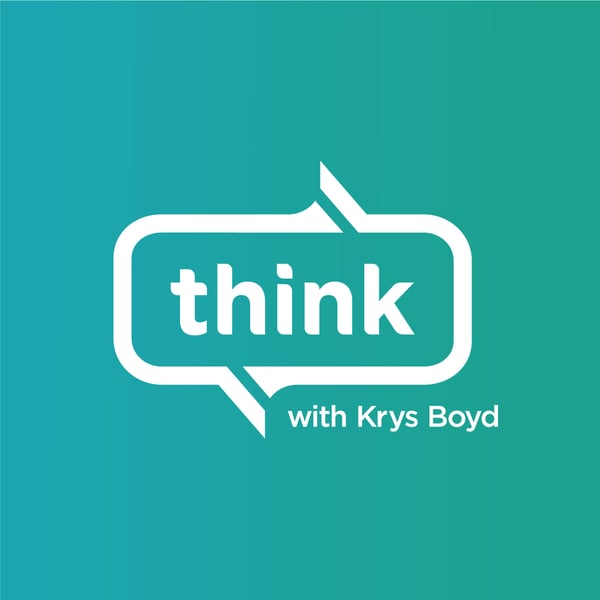The painful history of Indian boarding schools
KERA's Think
KERA
4.8 • 861 Ratings
🗓️ 30 April 2025
⏱️ 47 minutes
🧾️ Download transcript
Summary
By the 1920s, 76% of the Native American population was forced to attend boarding schools. Mary Annette Pember is national correspondent for ICT News, and she joins host Krys Boyd to discuss the legacy these schools left behind, from generational trauma to tribes working even today to reclaim their languages and ceremonies, and why the U.S. took this route to assimilate Native populations in the first place. Her book is “Medicine River: A Story of Survival and the Legacy of Indian Boarding Schools.”
Learn about your ad choices: dovetail.prx.org/ad-choicesTranscript
Click on a timestamp to play from that location
| 0:00.0 | If there's one thing we know about social media, it's that misinformation is everywhere, |
| 0:07.2 | especially when it comes to personal finance. |
| 0:10.1 | Financially inclined from Marketplace is a podcast you can trust to help you get serious about your money |
| 0:16.0 | so you can build a life you've always dreamed of. |
| 0:19.5 | I'm the host, Janelli Espinal, and each week I ask experts important money questions, |
| 0:25.7 | like how to negotiate job offers, how to choose a college that you can afford, and how to talk |
| 0:32.0 | about money with friends and family. Listen to financially inclined wherever you get your podcasts. |
| 0:38.3 | If you weren't paying attention as people outside Native American communities mostly were not in the 19th century, |
| 0:56.6 | it might have sounded like a benevolent idea. Build federally funded boarding schools to educate indigenous children living in poverty in remote areas, |
| 1:05.5 | never mind that their financial challenges and the location of their communities were the product of federal policy in the |
| 1:10.9 | first place. In any case, by the 1920s, about 76% of American Indian children were forced to |
| 1:17.9 | attend these schools starting as early as the age of four. And their experience was a lot more |
| 1:23.6 | brutality than benevolent. From KERA in Dallas, this is Think. I'm Chris Boyd. Because so many |
| 1:31.3 | tribal communities were compelled to send their children away to these schools, today there are |
| 1:36.6 | very few Native Americans whose families have not been affected by those traumatic decades. |
| 1:41.6 | My guest grew up hearing her mother's stories about the harsh and |
| 1:44.7 | disorienting institutions that stole her childhood and set out to investigate them in part to |
| 1:50.0 | understand her mother and her mother's demons. Marianette Pember is national correspondent for |
| 1:55.4 | ICT News, formerly Indian country today, and she is author of the book Medicine River, |
| 2:01.0 | a story of survival and the legacy of Indian boarding schools. |
| 2:04.6 | Mary, welcome to think. |
| 2:06.6 | Oh, thanks for having me, Chris. |
... |
Please login to see the full transcript.
Disclaimer: The podcast and artwork embedded on this page are from KERA, and are the property of its owner and not affiliated with or endorsed by Tapesearch.
Generated transcripts are the property of KERA and are distributed freely under the Fair Use doctrine. Transcripts generated by Tapesearch are not guaranteed to be accurate.
Copyright © Tapesearch 2025.

